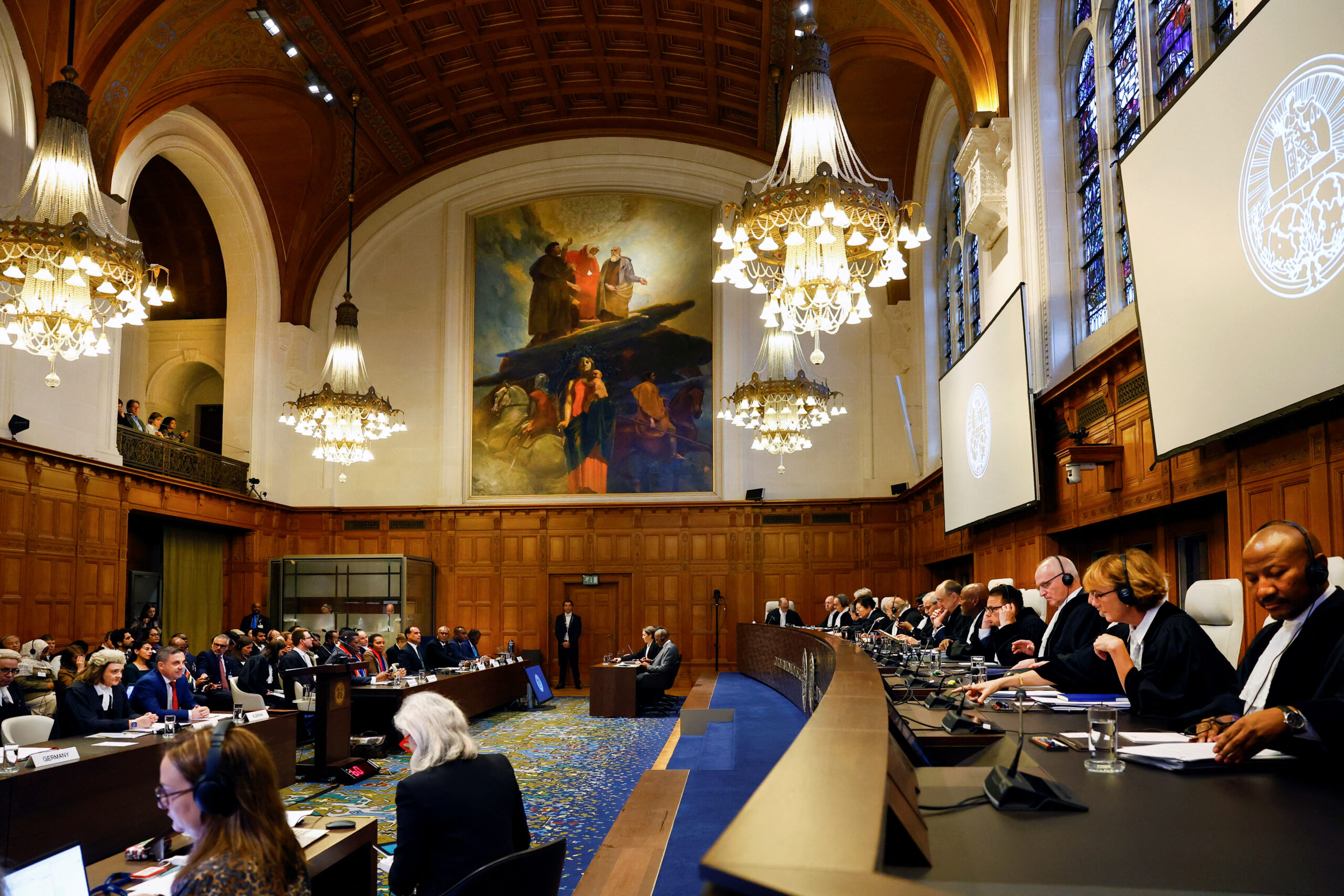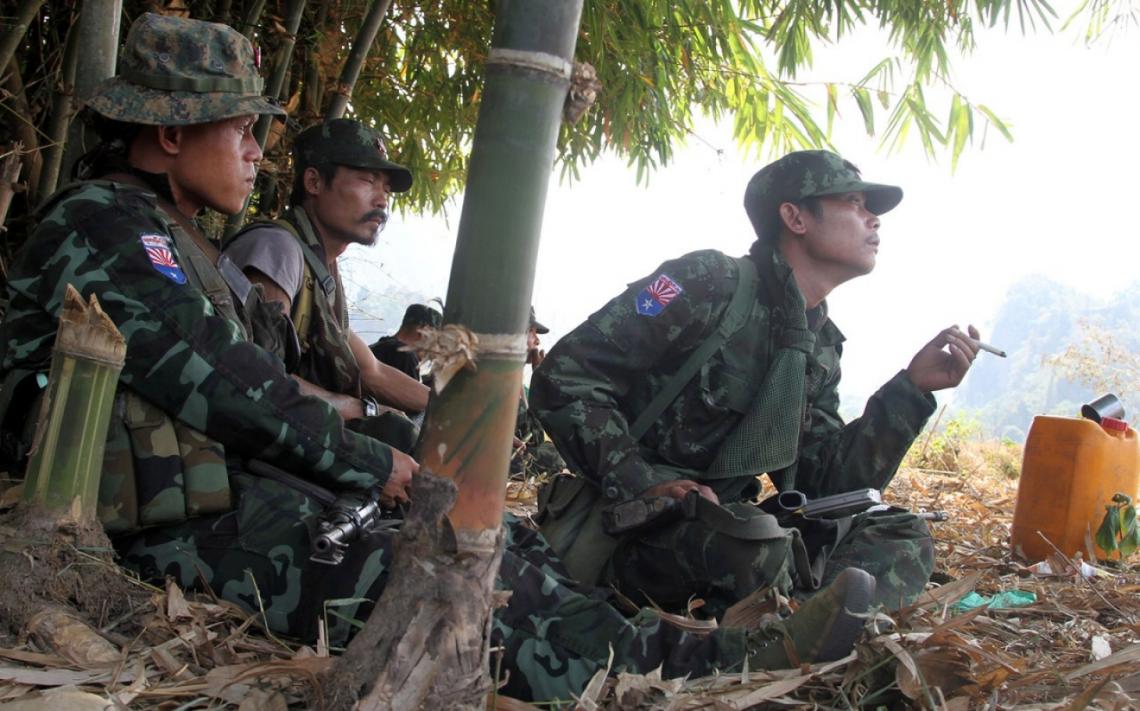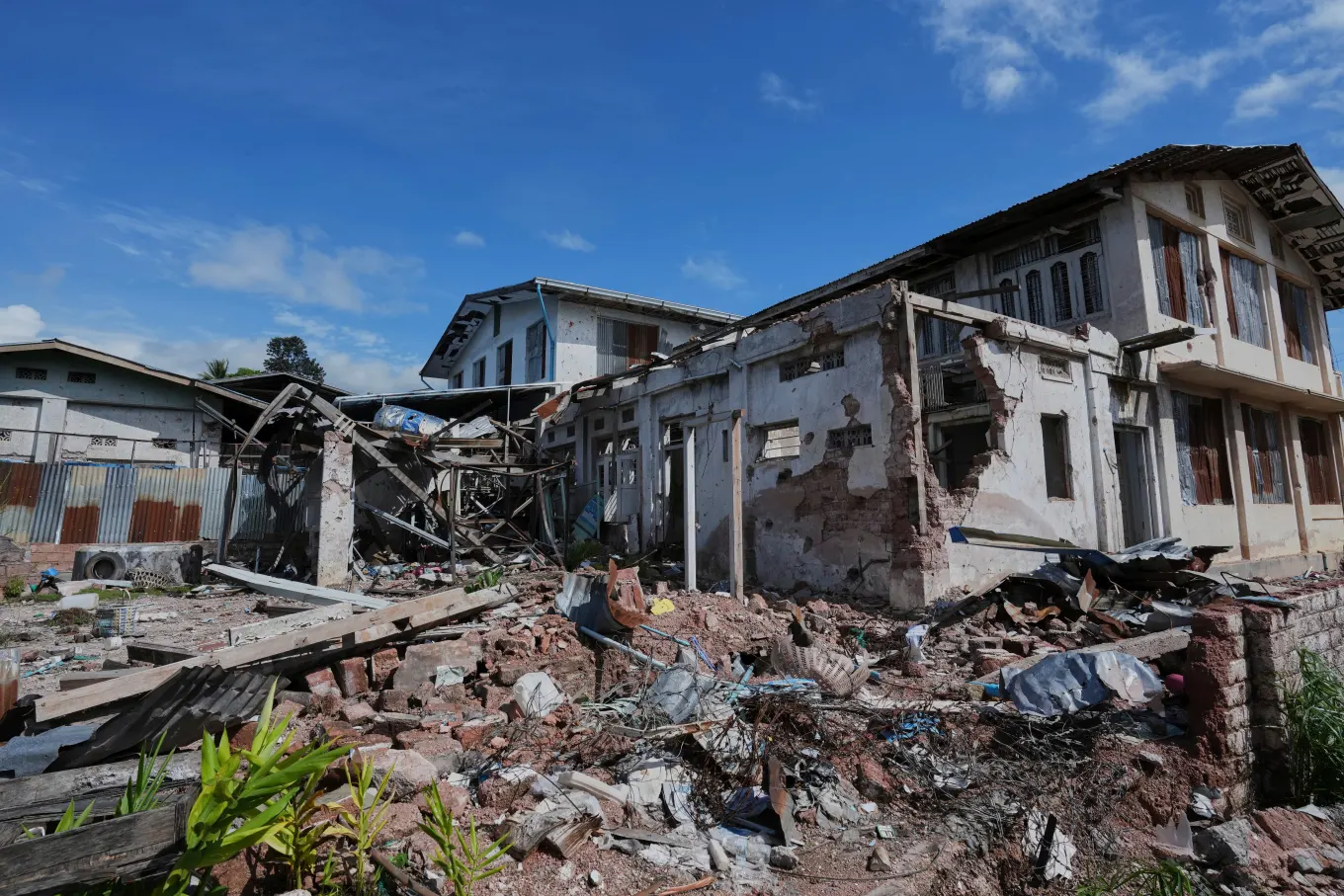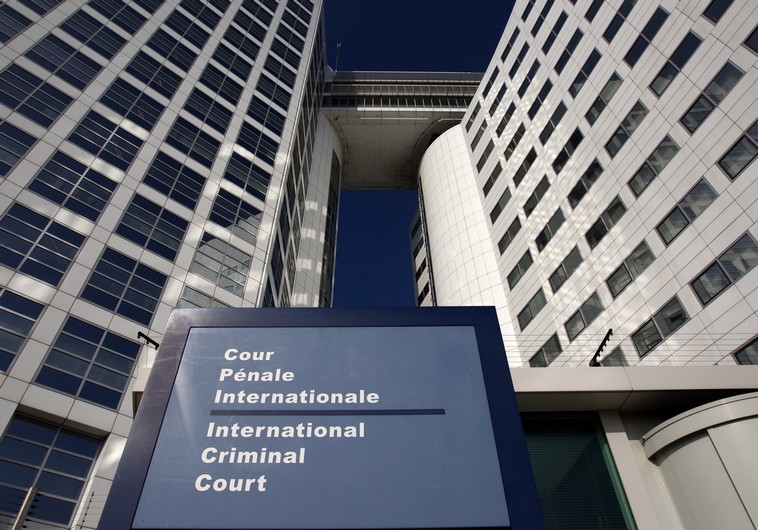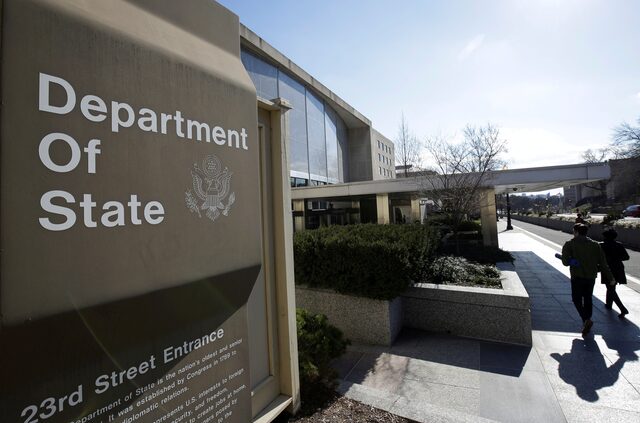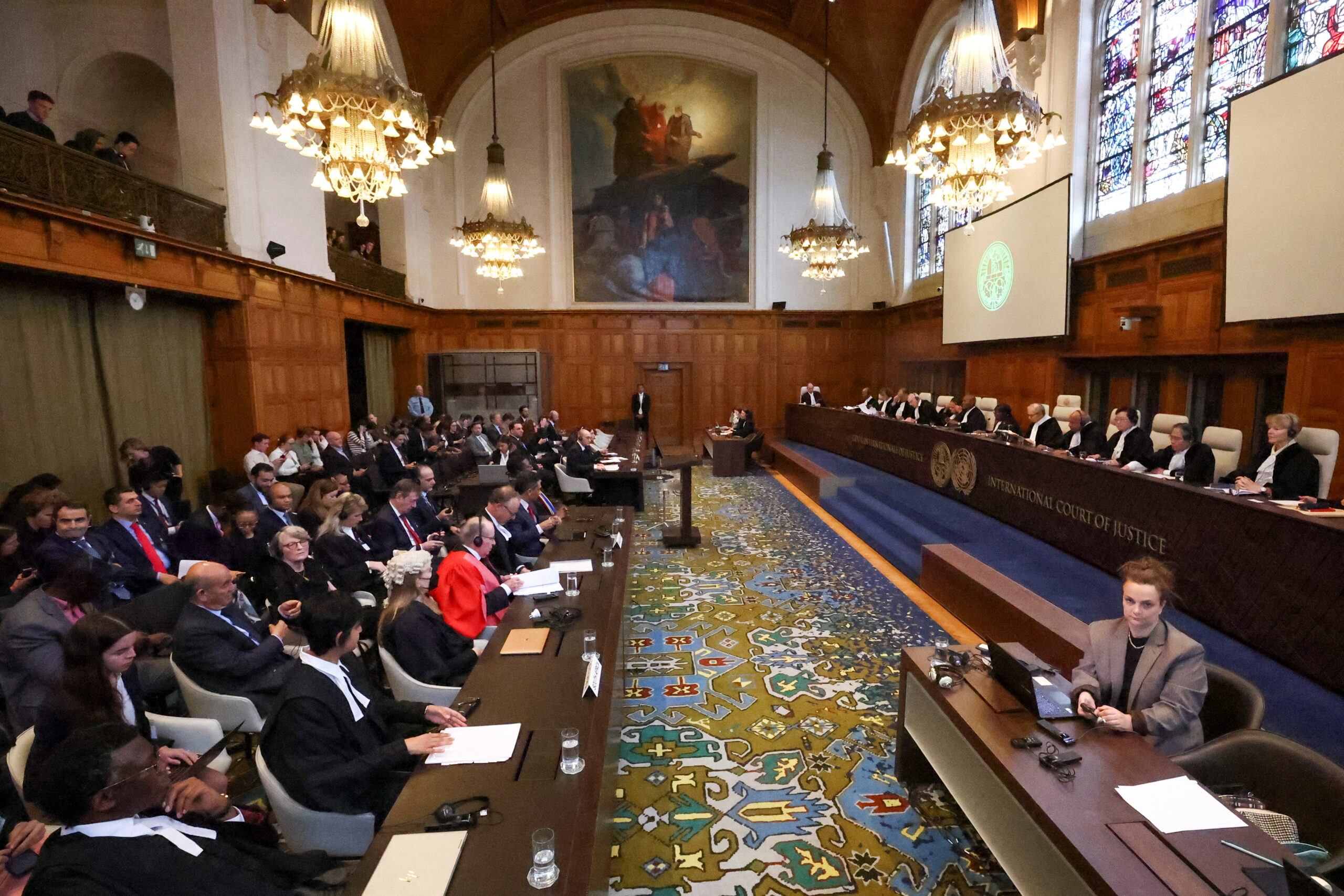Human rights groups critical of Begum judgment
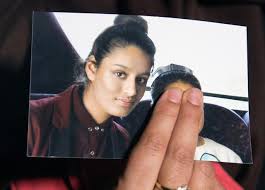
On Friday the UK Supreme Court decided that Shamima Begum, the British woman who travelled from London to Syria in 2015 to join the Islamic State, will not be allowed to return to the United Kingdom to fight a legal case on the revocation of her citizenship.
The court found that Begum’s rights were not breached when she was refused permission to return by the UK government. This decision overturned the decision of a lower court in 2020.
The President of the Supreme Court, Lord Robert Reed stated that national security concerns were paramount in the case and that the right to a fear hearing ‘does not trump all other considerations.’
The decision does not prevent Begum from further pursuing her case against the British government’s decision to revoke her citizenship in 2019.
In July the Court of Appeals ruled that the only way to proceed was to allow Begum into the UK because she could not effectively appeal against the decision from the camp in northern Syria.’
“This is an important case because it legally constrains what countries may do to disinherit those of their citizens who go abroad to fight for or support terrorists,” London-based senior barrister Geoffrey Robertson told Al Jazeera in July.
Human rights groups and lawyers have been critical of the court’s decision. Human rights lawyer Sarah Kay said to Al Jazeera: ‘The Supreme Court’s decided that she would not be allowed to defend herself in person. She can not appeal the revocation of her citizenship.’
Kay continues:’The case sets a dangerous precedent. It closes the door to the judicial review of national security decisions, even in the case of a human rights violation, such as effectively rendering someone stateless.’
The group Rights and Security International reported in November that at least 15 women and 35 children from Britain were being held in Syrian refugee camps and that the British government had a ‘systematic policy of depriving women in the camps of their citizenship.’


